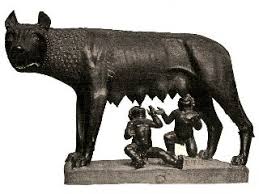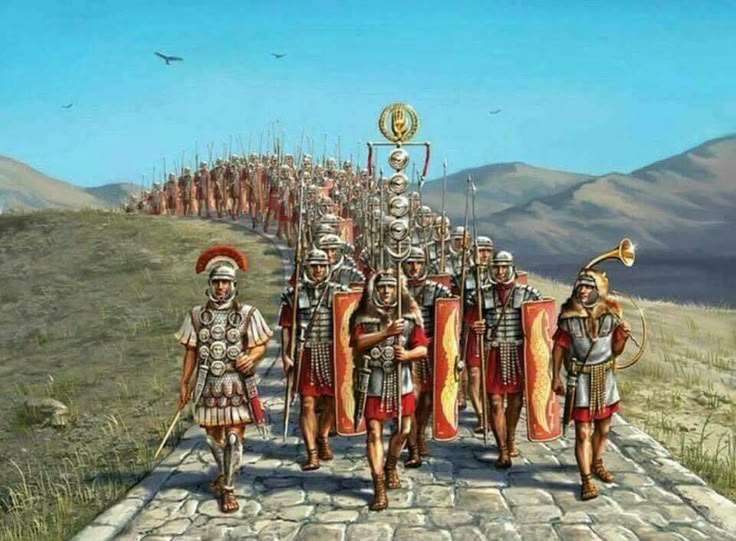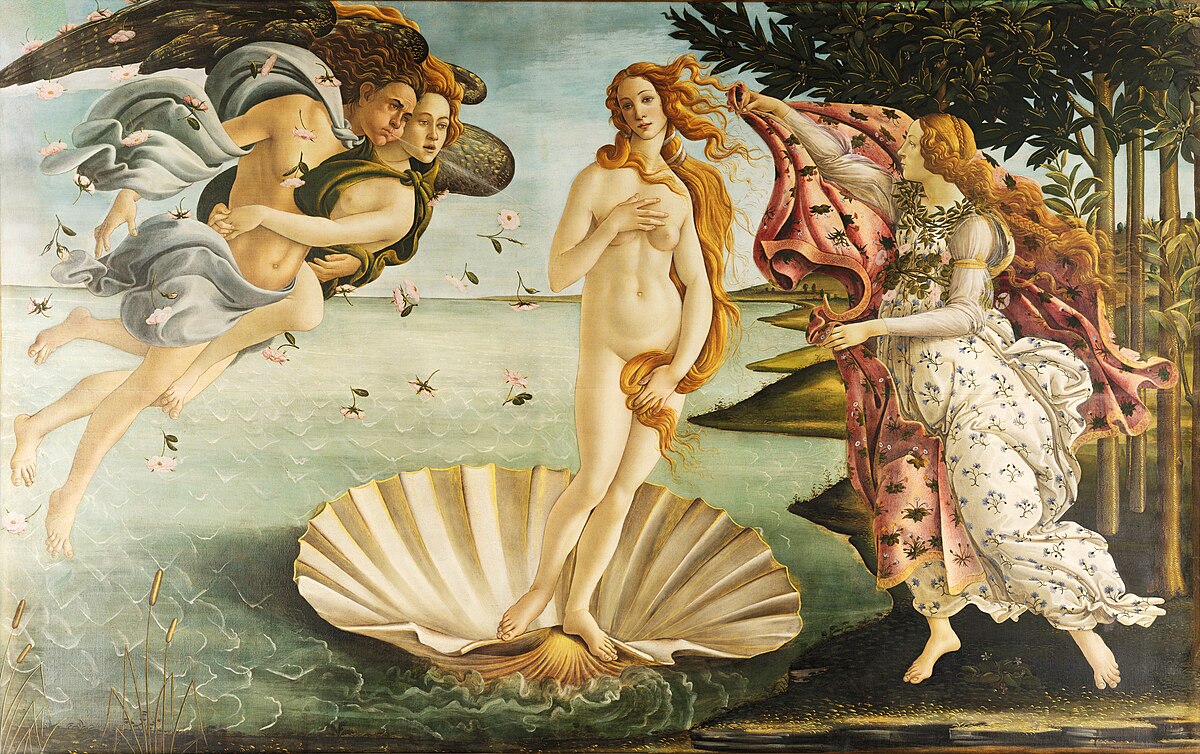Rome's Founding
The legendary city was founded in 753 BC on the banks of the Tiber, and its seven hills provided protection from invaders. The first major population groups to settle here were the Etruscans from Asia Minor.
The legend says...
According to this story, Rome was founded by the twin brothers Romulus and Remus. The twin boys were raised by a she-wolf, which suckled them when they were left to die as babies. As they grew older, they began a feud that led to Romulus' killing of Remus and founding of the city upon its Palatine hill.
The power of the city
Rome was not built in a day; it took many centuries to build up into a major city. Eventually, it became one of the largest cities in the world, with a population of over one million people. Rome's location between the Mediterranean Sea and central Italy allowed it to grow into a major power. At its height, in A.D. 117, the Roman Empire covered 2 million square miles (5 million square kilometers). The empire was so vast that it became difficult to govern and, eventually, broke apart into smaller kingdoms.
Life in Rome
Rome was probably the best city to live in during Roman times. It had a sewage system, a clean water supply and even street lights. Some of the main roads were built on viaducts, with drains under them to keep away the floodwaters. The Romans also had public baths, which served as a place to socialize. The city had a huge coliseum where gladiators fought for the public's entertainment. The games were free for everyone. The forum was a special place for people to go shopping as well as meet and talk with friends.
Rome's uniqueness
However, Rome was unique among its contemporaries for several reasons – one being that it wasn't ruled by kings. Instead, it had two leaders called consuls who would serve as military commanders and advisers to the people during times of war. In times of peace, consuls served as judges. After their terms ended, consuls would return to civilian life and become common citizens once again.
One more difference was that Rome offered citizenship to anyone who moved there. For example, if a Greek person moved from Greece to Rome, they could become a member of the Roman Republic. They were required to take up arms and fight alongside their fellow Roman citizens when necessary in return for citizenship rights.





